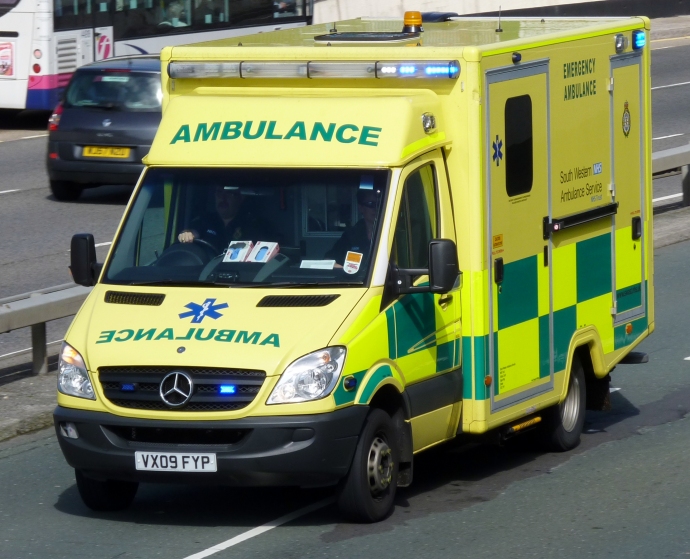Residents and tourists in the area this summer are being asked to Help Us To Help You by the South Western Ambulance Service NHS Foundation Trust (SWASFT).
The Trust serves a population of over 5.5 million people and every year, the South West of England is estimated to receive an influx of over 23 million visitors – with a large proportion of them coming during the summer months.
SWASFT is encouraging residents and tourists to plan ahead by following these 10 steps to a safe and healthy summer by:
- Knowing how to describe their exact location in a remote or rural area by using What3Words – a free app which converts your location into a unique three word address – so the emergency services can find you.
- Spending 15 minutes to learn how to do CPR by visiting the SWASFT Saving Lives Together website.
- Learning where the nearest defibrillator is to your home or holiday address by visiting the SWASFT Saving Lives Together website.
- Making use of community pharmacies, which can advise on minor illnesses and provide medications. Details of which pharmacies are open over the summer holidays can be found here.
- Making sure you bring your medication with you when you visit the South West. If you do run out, please contact get your GP at home, who can arrange for a prescription to be sent to a local pharmacy.
- Checking the tide times before heading to the beach, to ensure you have enough time to get back before the tide comes in. If you get into trouble, call 999 and ask for the coastguard.
- Staying out of the direct sun in hot weather, especially between the hours of 11am and 3pm as UV rays are at their strongest during these hours.
- Staying hydrated in the hot weather by drinking plenty of water and taking breaks in the shade.
- Being considerate when you park, especially if you are going to the beach or parking on country lanes. Please make sure you are leaving enough room for emergency service vehicles to pass through.
- Making sure you use the right service when you’re injured or unwell – 999 is for life-threatening emergencies only, for urgent, non-life-threatening care, please visit NHS 111 online.
Will Warrender, chief executive of SWASFT, said: “The summer is a busy time for 999 services, especially if the weather is warm and sunny and people are out and about – whether in the garden, doing DIY at home, visiting family and friends or exploring the region’s beauty spots.”
“We want to be there for everyone that needs us in a medical emergency, and we need your support to help us to help you, by asking you to please follow our eight steps to a safe and healthy summer. Please choose the right care for you, so we can ensure we have crews available for patients with the most life-threatening conditions.”
“I would also like to thank our people and NHS colleagues who will be working throughout the summer to help keep us all safe and well. Should you need their support, please be kind to them, they are working hard under huge daily pressures.”
People are reminded not to call 999 back for an estimated arrival time of an ambulance. They should only call back if the patient’s condition worsens or they no longer need an ambulance. This helps keep phone lines free for others in need.
In a life-threatening emergency, dial 999 and request an ambulance. For non-life-threatening emergencies, people can access appropriate care by visiting NHS 111 online, contacting their GP or getting advice from a pharmacy.







